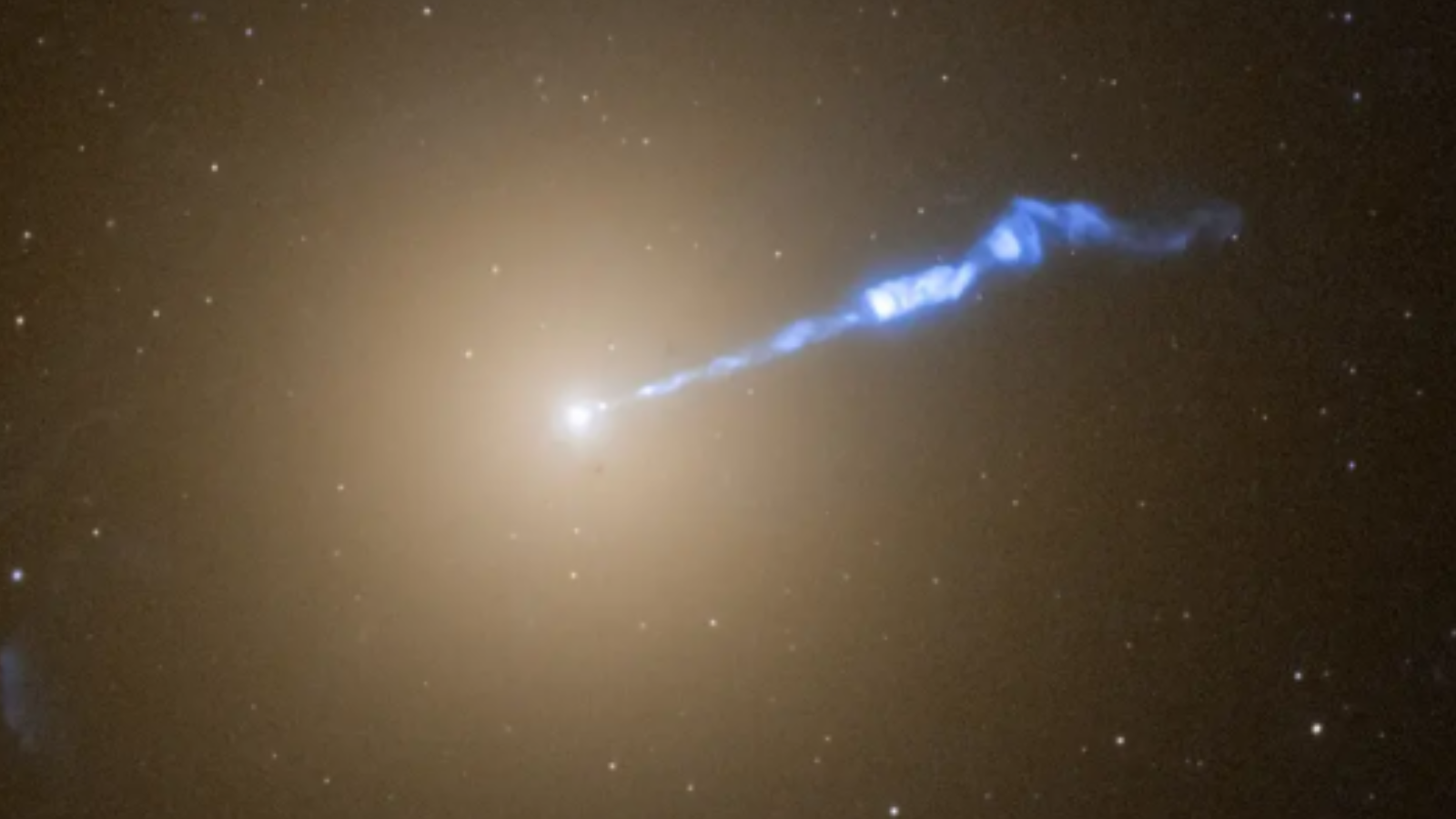Rocket Lab aims to catch a falling Electron booster with a helicopter in early 2022

We could see a big rocket recovery milestone early next year.
Rocket Lab plans to pluck the falling first stage of one of its Electron launchers out of the sky with a helicopter on its next recovery mission, company representatives said. The timeline is not yet set, but this dramatic aerospace feat is likely to happen soon.
"We certainly hope to have that flight within the first half of next year," Rocket Lab founder and CEO Peter Beck told reporters on Thursday (Nov. 23). "Or as soon as practically possible, really."
Related: Rocket Lab and its Electron booster (photos)
California-based Rocket Lab is working to make the first stage of the 59-foot-tall (18 meters) Electron reusable, an advance that would boost launch rates and reduce costs for the company and its customers. The ultimate recovery strategy involves bringing boosters down slowly under a parachute and catching them in mid-air with a helicopter, which will haul them back to land for inspection, refurbishment and reflight.
The company has already made considerable progress toward this goal. For example, it has recovered Electron first stages during orbital launches three times to date, most recently on Nov. 17. Those recoveries were maritime operations; the boosters splashed down in the Pacific Ocean, a few hundred miles offshore from Rocket Lab's New Zealand launch site, and were hauled aboard a boat for the trip to terra firma.
A helicopter was involved in the most recent recovery, a mission that Rocket Lab called "Love At First Insight." The chopper didn't try to snag the booster, but it was stationed in the recovery zone to test booster tracking and communications among the helicopter team, mission control and the recovery ship.
Breaking space news, the latest updates on rocket launches, skywatching events and more!
On Thursday, Beck announced that recovery attempt number four will feature a helicopter catch attempt. And there's a pretty good chance it will be successful.
"We've done enough testing at low altitudes to know that if we can rendezvous with it, we can surely catch it," Beck said.
It's unclear when exactly the catch attempt will take place. Rocket Lab still needs to perform some modifications on the catch helicopter, a Sikorsky S-92, Beck said. (A different type of helicopter was used for the Nov. 17 test.) The company also needs to figure out which mission to slot the recovery attempt into, he added.
It won't happen on Rocket Lab's next flight, which is scheduled to launch sometime in December. That mission, called "A Data With Destiny," will loft two Earth-observation satellites for the company BlackSky, just as "Love At First Insight" did.
Rocket Lab has not yet reflown a recovered first stage; the company will take that big step only with a completely dry — that is, helicopter-caught — booster, Beck said. And it's possible that the first helicopter-caught booster will be the first one to fly multiple missions.
"If everything is as it appears, we should be able to restack that stage … and be good to push it back out on the pad," Beck said. "But, you know, we're approaching this in a very methodical way. We've got a good track record that we want to maintain, and we won't be taking any risks, obviously, with any customers' flights."
Mike Wall is the author of "Out There" (Grand Central Publishing, 2018; illustrated by Karl Tate), a book about the search for alien life. Follow him on Twitter @michaeldwall. Follow us on Twitter @Spacedotcom or on Facebook.

Michael Wall is a Senior Space Writer with Space.com and joined the team in 2010. He primarily covers exoplanets, spaceflight and military space, but has been known to dabble in the space art beat. His book about the search for alien life, "Out There," was published on Nov. 13, 2018. Before becoming a science writer, Michael worked as a herpetologist and wildlife biologist. He has a Ph.D. in evolutionary biology from the University of Sydney, Australia, a bachelor's degree from the University of Arizona, and a graduate certificate in science writing from the University of California, Santa Cruz. To find out what his latest project is, you can follow Michael on Twitter.
